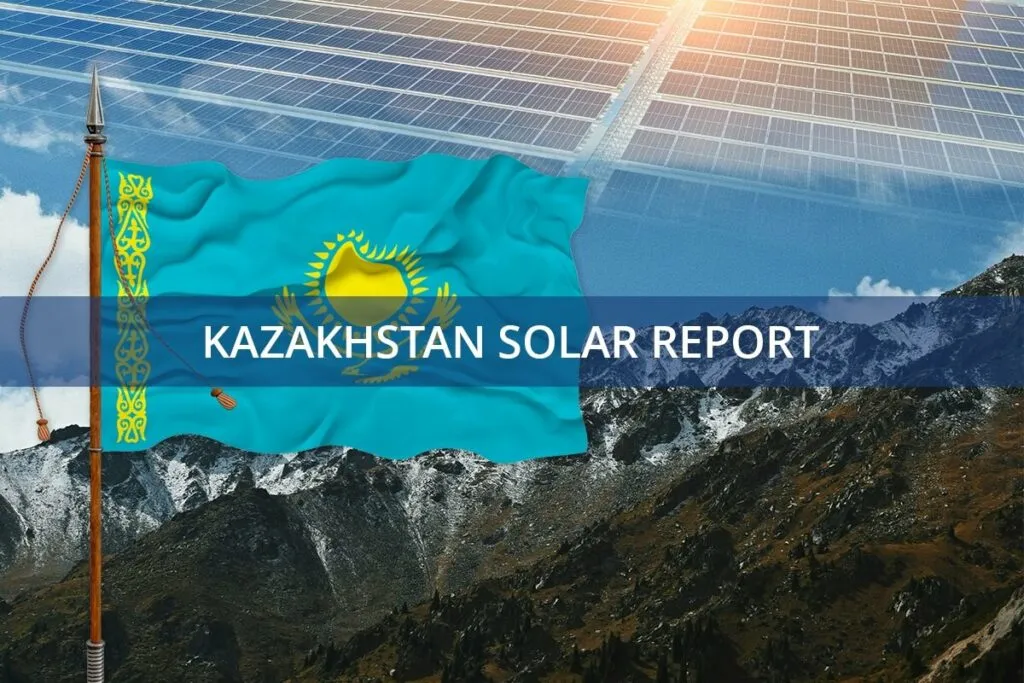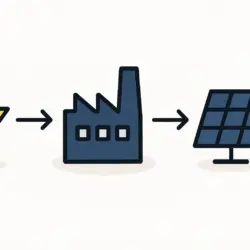Kazakhstan Solar School: Ecoland International School’s Green Initiative
Kazakhstan has made a significant stride towards sustainability with the launch of its first solar-powered green school, the Ecoland International School in Almaty. This pioneering institution is the first in the country to fully integrate solar energy into its infrastructure, contributing to national renewable energy goals and serving as a model for others. The initiative aligns with impressive renewable energy growth in Kazakhstan, which saw a 6.8% surge in 2025, as highlighted by PVKnowhow.
The Ecoland International School uniquely combines education with environmental responsibility. Equipped with solar panels, the school runs entirely on clean, renewable energy, minimizing its carbon footprint and showcasing the practical application of green technology. This project is part of a larger movement to educate students, teachers, and the community about the importance of renewable energy and mitigating climate change.
Kazakhstan Solar School Promotes Renewable Energy
This solar-powered school represents a key milestone in Kazakhstan’s ambitious renewable energy targets. As reported by PVKnowhow, the country has been actively diversifying its energy sources and reducing its reliance on fossil fuels, with 156 renewable energy facilities already in operation. By incorporating solar energy into its education sector, Kazakhstan is setting a powerful example for other nations, both regionally and globally.
The solar panels at Ecoland are more than just an energy source—they are a dynamic educational tool. Students gain firsthand experience with renewable energy technology, learning how it works and its vital role in reducing greenhouse gas emissions. This practical approach fosters a deeper understanding of sustainability and empowers students to become environmentally conscious citizens.
Benefits of Kazakhstan’s Ecoland Solar School
Ecoland International School is projected to achieve substantial savings on energy costs. By harnessing solar power, the school reduces its dependence on the national grid and lowers its electricity bills. These savings can be reinvested into educational resources, enriching the learning experience for all students.
Beyond the financial benefits, the school also significantly cuts carbon emissions. By using renewable energy, Ecoland helps lower Kazakhstan’s overall carbon footprint—a crucial step in the nation’s commitment to combating climate change and fostering sustainable development. This initiative complements other large-scale solar projects in the country, like the 20 MW solar plant in the Zhambyl region, covered by PVKnowhow.
Educational Impact of the Kazakhstan Solar School
The impact of Ecoland International School extends beyond financial savings and emissions reductions—it is fundamentally about education. The school’s hands-on approach to renewable energy and sustainability instills a deep understanding of environmental stewardship, inspiring students to take an active role in protecting the planet.
Ecoland also serves as a compelling model for other educational institutions in Kazakhstan and beyond. By demonstrating the tangible benefits of renewable energy, it encourages other schools to embrace similar sustainable practices. This could spark wider adoption across the education sector, contributing to Kazakhstan’s commitment to renewable energy, which includes a projected 455 MW growth in capacity for 2025, as detailed by PVKnowhow.
Kazakhstan Solar School: A Model for the Future
Ecoland International School exemplifies how renewable energy can be seamlessly integrated into daily life. It shows that solar power is not limited to large-scale projects but can be effectively implemented in smaller, community-focused initiatives, highlighting its accessibility and potential to benefit local communities.
Ecoland stands as a testament to Kazakhstan’s commitment to a sustainable future. As more schools and institutions adopt this model, the nation will continue to progress toward its renewable energy goals. Ecoland International School is more than just a beginning; it is a beacon of innovation, proving that intertwining education and sustainability can pave the way for a greener future for Kazakhstan and the world.



